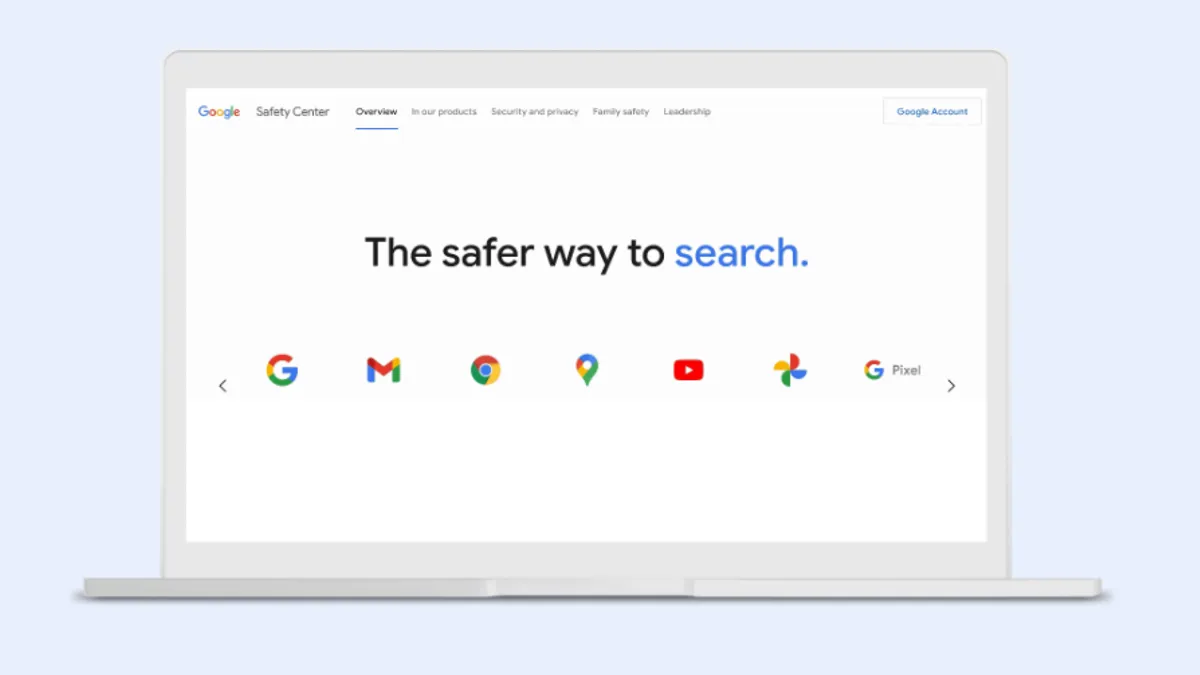Dive Brief:
-
Google on Wednesday announced that it is introducing Guest mode, a feature that lets Google Assistant users employ the technology without saving interactions to their accounts.
-
Consumers can exit Guest mode whenever they want and delete what they said to the Google Assistant using their voice, the company said in a blog post. The company has also added additional answers to common security and privacy questions that it receives, which users can ask Google Assistant.
-
Users will also soon be able to edit their location history data in Timeline by editing the places they visit, per the company blog post. The company will show privacy and security settings when users ask questions like, "Is my Google account secure?"
Dive Insight:
One of the main hindrances to voice technology adoption is around data privacy and security concerns. Experts have said that the key to winning consumers' trust is being more forthcoming about how their data is used and secured, and making that information more accessible. In its blog post, Google noted that it answers more than 3 million privacy and security questions monthly worldwide. It appears as though Google is responding to those concerns with these features.
"Protecting your online safety requires constant vigilance and innovation," Rahul Roy-Chowdhury, Google's vice president of product and privacy, wrote in the blog post. "It starts with building the world's most advanced security infrastructure and pairing it with responsible data practices and privacy tools that put you in control."
While Google is developing new technology to help consumers control their data, other companies have been combating costly data breaches and trying to convince consumers of their trustworthiness. After reviewing 250 popular Android apps, including those from retailers, 70% leaked sensitive personal data like usernames, email, geolocation and phone numbers, according to a report from the app security firm NowSecure.
As consumers rely on mobile technology to shop, companies are faced with a conundrum: How do they provide personalized shopping experiences without compromising data privacy? A February report from Episerver found that a quarter of consumers use their smartphones to research products and services multiple times per week, and more than half of them (53%) want brands and retailers to prioritize their online anonymity more this year.















